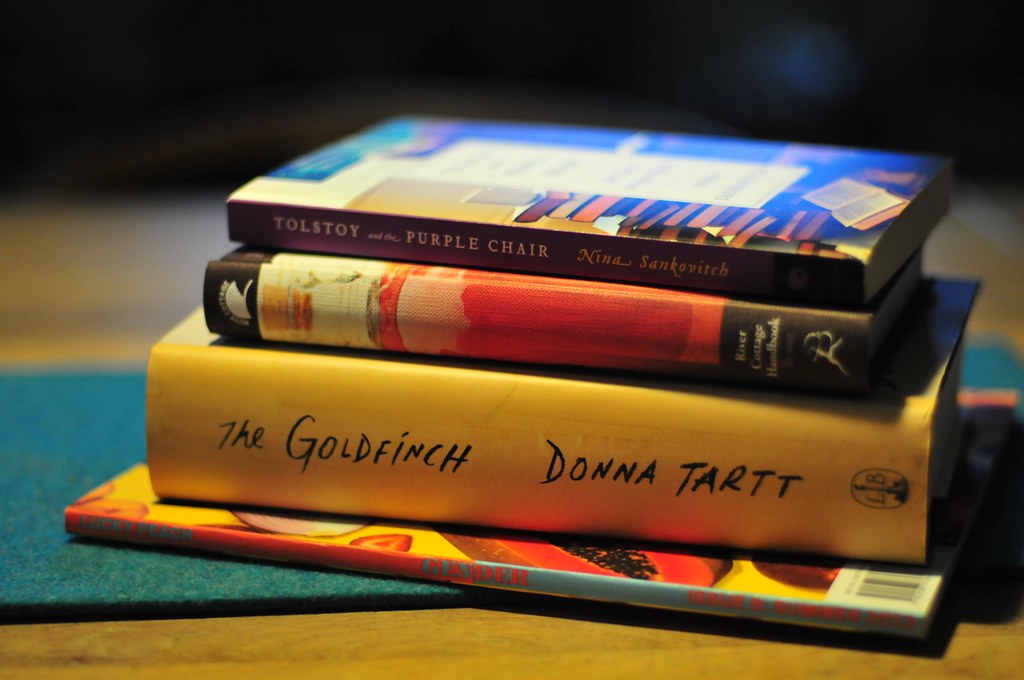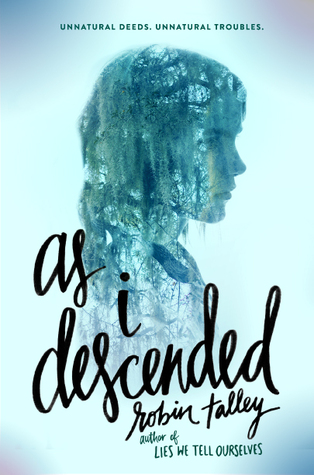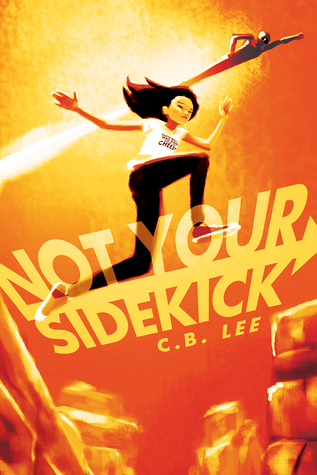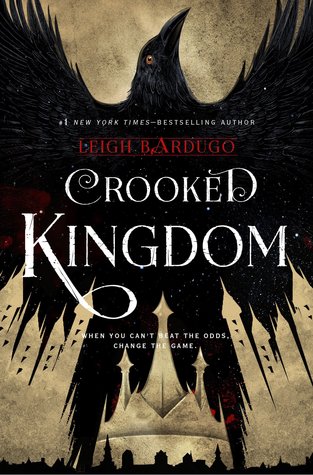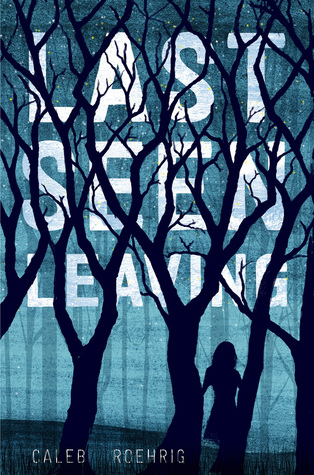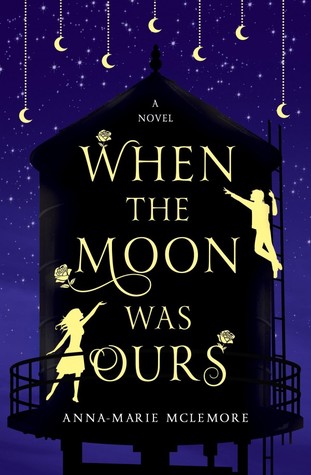 |
| Photo credit: Goodreads |
Before I go into how much I enjoyed this book, here is the Goodreads summary:
"Julep Dupree tells lies. A lot of them. She’s a con artist, a master of disguise, and a sophomore at Chicago’s swanky St. Agatha High, where her father, an old-school grifter with a weakness for the ponies, sends her to so she can learn to mingle with the upper crust. For extra spending money Julep doesn’t rely on her dad—she runs petty scams for her classmates while dodging the dean of students and maintaining an A+ (okay, A-) average.
But when she comes home one day to a ransacked apartment and her father gone, Julep’s carefully laid plans for an expenses-paid golden ticket to Yale start to unravel. Even with help from St. Agatha’s resident Prince Charming, Tyler Richland, and her loyal hacker sidekick, Sam, Julep struggles to trace her dad’s trail of clues through a maze of creepy stalkers, hit attempts, family secrets, and worse, the threat of foster care. With everything she has at stake, Julep’s in way over her head . . . but that’s not going to stop her from using every trick in the book to find her dad before his mark finds her. Because that would be criminal."
Trust Me, I'm Lying checked off all the things I could have wanted in a book about a con artist: smart protagonist who cleverly works through problems, high stakes, and immediate and pervasive conflict. Julep was a really fun protagonist to read about—she's witty, sharp, independent and determined. I loved seeing her work her way through the clues to find her dad while hiding her parentless status at school and trying to make ends meet. I was, however, a little disappointed that she was completely oblivious of Sam's crush on her (not really spoiler—it's obvious early on) because how did she not notice? But that wasn't a major issue and didn't lessen my enjoyment of the book.
And then the twists! There were quite a few that I honestly didn't see coming, and I loved how the book kept me guessing the whole time. What happened to Julep's dad? Who is coming after them? Who can she trust? Combined with Julep working her way through dangerous situations and the implied ticking clock of her missing father, I was engaged from beginning to end.
Overall I'm giving 4.5/5 stars, I've added the sequel, Trust Me, I'm Trouble to my TBR, and I recommend it for a fun, clever read.
Diversity note: There wasn't much, although Sam (Julep's best friend) is Black. I hear there's major bisexual rep in book two, however, so I'll definitely be checking that out. :)
Twitter-sized bites:
.@Ava_Jae gives 4.5/5 stars to Mary Elizabeth Summer's TRUST ME, I'M LYING. Is this smart con artist YA on your TBR? (Click to tweet)
Like smart protagonists, clever plots, and lots of twists and turns? Check out TRUST ME, I'M LYING. (Click to tweet)















